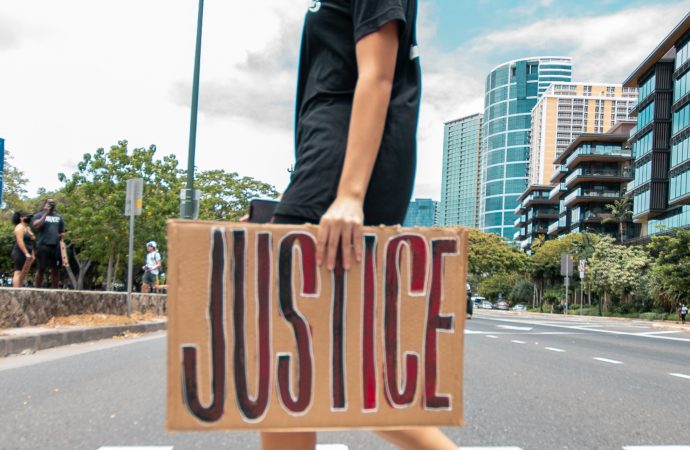“Whether it’s a dramatic courtroom scene in a beloved TV series or an iconic legal thriller novel, pop culture has long played a powerful role in shaping our understanding of the law. But just how accurate are these depictions of legal proceedings and the justice system? Join us as we explore the fascinating intersection between
“Whether it’s a dramatic courtroom scene in a beloved TV series or an iconic legal thriller novel, pop culture has long played a powerful role in shaping our understanding of the law. But just how accurate are these depictions of legal proceedings and the justice system? Join us as we explore the fascinating intersection between fiction and fact when it comes to all things law – from riveting Hollywood dramas to real-life court cases that have captured our collective imagination.”
The History of Pop Culture and the Law
Pop culture has long been a source of inspiration for both lawyers and law students. From depictions of courtroom scenes in films like A Tale of Two Cities, to the influence of popular songs on legal decisions, pop culture has a measurable impact on our understanding of the law.
This relationship between pop culture and the law is particularly evident in cases involving music lyrics and their consequences. For example, in 2007, a woman was convicted of soliciting a murder after sending an email containing a song lyric that encouraged someone to kill her husband. Similarly, in 1992,a man was found guilty of manslaughter after playing Tupac Shakur’s “I Get Around” at a party and encouraging attendees to fight. The connection between pop culture and the law can be seen not only in criminal proceedings, but also in civil litigation. For example, in 2009, McDonalds sued rapper 50 Cent over his song “In Da Club,” which referenced the company’s slogan “I’m lovin’ it.”
While pop culture undoubtedly affects how we understand the law, its impact cannot be measured or quantified. Instead, it is up to lawyers and judges to determine how best to use popular culture as an educational tool for jurors and legal practitioners alike.
How Pop Culture Influences Our Perception of the Law
Pop culture can play a significant role in shaping our perception of the law. From movies and television shows to comic books and video games, popular media often portrays law enforcement in a positive light, while portraying criminals in a negative light. This “revisionist history” of crime and justice has serious implications for how we understand the law and how it is applied.
One particularly pervasive example of pop culture’s impact on the law is the criminal justice system’s portrayal of black men as criminals. Law enforcement agencies across the country have been caught using racially charged profiling practices, which have resulted in an overwhelming number of black men being arrested and imprisoned. The impact of pop culture on the criminal justice system is just one example of how popular media can distort our understanding of reality.
The Legal Implications of Popular Movies and TV Shows
Popular movies and TV shows often provide inaccurate or misleading portrayals of legal proceedings, which can lead to confusion and even lawbreaking.
For example, the popular TV show “Law & Order” features a fictional district attorney who is often depicted making quick decisions based on evidence that is not always accurate or reliable. In one episode, for example, an innocent man is wrongly convicted because the DA relies heavily on testimony from a police officer who has been caught perjury in the past. Thisepisode highlights one of the biggest dangers posed by popular culture: its impact on our understanding of the law.
Similarly, movies like “The Grand Budapest Hotel” and “12 Angry Men” glamorize courtroom drama with dramatic courtroom scenes that are far from realistic. In “The Grand Budapest Hotel,” for example, a murder occurs in a lavish hotel, and the characters quickly move to resolve the case in court. However, real-life criminal courts are much more complex than these scenes suggest, and resolving a case in court can take many months or even years.
These inaccuracies have serious legal implications. For instance, viewers of “Law & Order” may become more likely to believe that prosecutors rely too much on circumstantial evidence and that courts are frequently unfair. Similarly, moviegoers who see scenes from “The Grand Budapest Hotel” might mistakenly believe that using false documents in court is commonplace. In reality, using false documents in court can be punishable by imprisonment or even fines.
Conclusion
In the legal world, what we know is often shaped by pop culture. Whether it’s Law and Order: SVU or CSI: Crime Scene Investigation, television screens are important sources of information for lawyers and jurors. The accuracy of these shows can have a significant impact on how people view the law and judicial processes. In this way, popular culture can both inform and mislead us about the realities of our legal system.

















Leave a Comment
Your email address will not be published. Required fields are marked with *